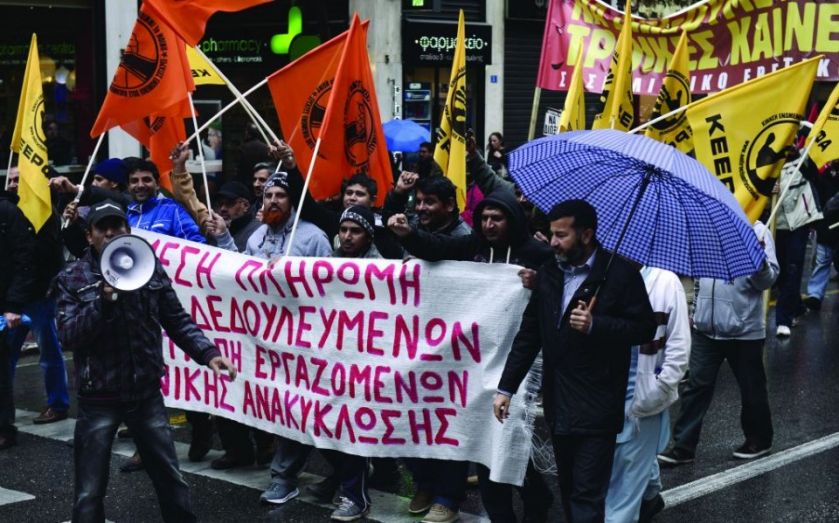Greek economy in limbo after failed election bid

Greece’s economic stability was put in serious doubt last night as the ruling New Democracy party failed in its first attempt to have its presidential candidate elected.
A failure to eventually do so will put at risk Greece’s negotiations with the IMF over an extension of its bailout loan.
The ruling party’s candidate Stavros Dimas won 160 votes out of 300 – significantly below the 200 majority needed.
Greek officials will now vote again on the 23 December when the majority required will be 200. Should a majority fail to be gained, a third vote will be held on 29 December in which the needed majority will be reduced to 180.
If the presidential candidate cannot win the necessary majority on the third vote, the government will have to call a snap election.
Syriza – an anti-austerity party – is currently leading polls but not by a huge amount. The gap has also been closing recently.
Greek yields have risen substantially in recent weeks and have surpassed eight per cent while stocks in Athens have also plummeted.
“Given its plans to cut taxes and reverse some of the recent cuts in government spending, it seems likely that markets will remain nervous about the threat of another debt restructuring and perhaps even the possibility of a Greek euro exit at some point in the future,” said Sarah Pemberton, economist at Capital Economics.
Despite leading the polls, some analysts are optimistic the leading party will retain its place should a snap election occur next year.
“Given the state of the most recent polls, a significant number of independents and Dimar MPs are at risk of not being re-elected, which could push them to support the government so that they can stay in the parliament until 2017 (when the next general elections occur),” said Francois Cabau, an economist at Barclays